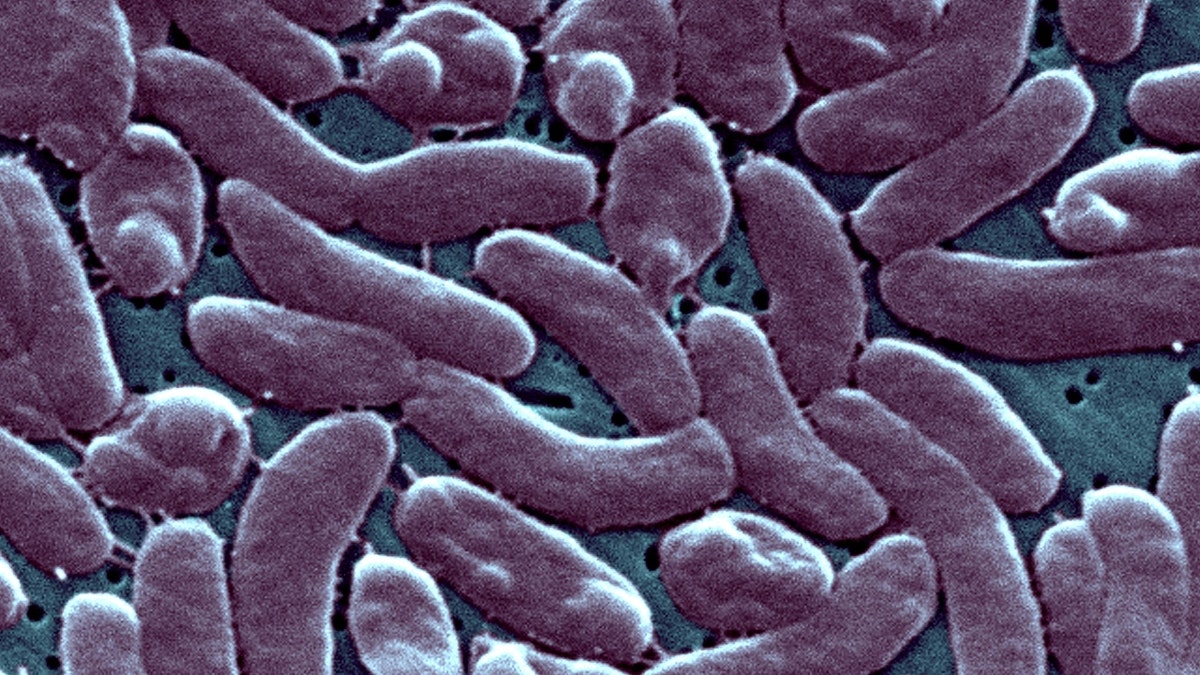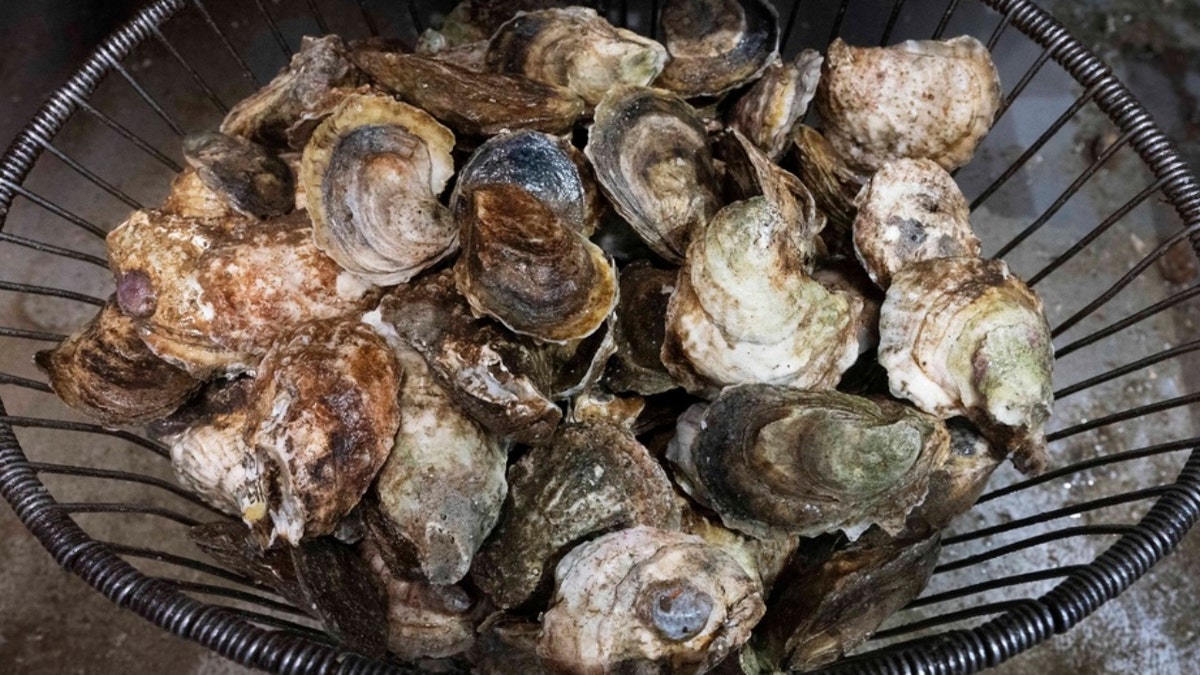Fox News Flash top headlines for August 18
Fox News Flash top headlines are here. Check out what's clicking on Foxnews.com.
Five people are confirmed dead in the Tampa Bay area because of a flesh-eating bacterium known to lurk at beaches, Florida officials reported.
According to Florida Health, the vibrio vulnificus bacterium's natural habitat is in warm, brackish seawater because it requires salt to live. The bacteria typically grow more quickly in warmer months.
Infections are rare, but health officials say those with open wounds, cuts or scrapes should stay out of the water.
Five people have died this year from reported bacterial infections, including two in Hilsborough County and one each in Pasco, Polk and Sarasota counties. There have been 26 reported cases of vibrio vulnificus infections in Florida since January, officials said.

Vibriosis causes an estimated 80,000 illnesses and 100 deaths in the United States every year, according to the Centers for Disease Control and Prevention. (BSIP/Universal Images Group via Getty Images)
In 2022, there were 74 total cases and 17 deaths. Those numbers were abnormally high that year because Hurricane Ian spilled sewage into the ocean, increasing bacteria levels.
According to the Centers for Disease Control and Prevention (CDC), some Vibrio vulnificus infections lead to necrotizing fasciitis, a severe infection in which the flesh around an open wound dies. Necrotizing fasciitis can be caused by more than one type of bacteria.
People with open wounds, cuts or scratches can be exposed to the bacterium through direct contact with the mixture of fresh and seawater.
Vibrio vulnificus can cause an infection of the skin which may lead to skin breakdown and ulcers.
BRITAIN REMOVES MIGRANTS FROM BARGE AFTER FINDING DANGEROUS BACTERIA IN WATER SYSTEM

Five people in the Tampa Bay area have died from confirmed vibrio vulnificus infections since January, Florida health officials said. (DANIEL SLIM/AFP via Getty Images)
While anyone can get a Vibrio vulnificus infection, the infections can be more severe for people with weakened immune systems.
The bacterium can invade the bloodstream, causing a severe life-threatening illness with symptoms including fever, chills, decreased blood pressure and blistering skin lesions.
It has the potential to cause severe illness or death; the CDC says about one in five people die sometimes within a day or two of becoming ill.
Vibrio vulnificus can also cause disease in people who eat raw or undercooked oysters and shellfish.
CONNECTICUT RESIDENTS DIE AFTER SHELLFISH BACTERIA INFECTION

Two Connecticut residents have also died this summer from infections linked to a bacterium found in raw shellfish, the state Department of Public Health said Tuesday, August 15, 2023. (AP Photo/Mark Lennihan)
It is not transmitted from person to person, but people who are experiencing symptoms should seek medical attention immediately.
Last week, the New York State Health Department released guidance for residents to identify vibrio vulnificus infections after the bacterium claimed the lives of one New York resident and two Connecticut residents over the summer.
The state Department of Public Health said that there are three people known to have been infected with the Vibrio vulnificus bacteria.
CLICK HERE TO GET THE FOX NEWS APP
Governor Kathy Hochul described the flesh-eating bacteria as "extraordinarily dangerous" and called upon her constituents to take precautions against the bacteria.
"While rare, the vibrio bacterium has unfortunately made it to this region and can be extraordinarily dangerous," Hochul said in a press release. "As we investigate further, it is critical that all New Yorkers stay vigilant and take responsible precautions to keep themselves and their loved ones safe, including protecting open wounds from seawater and for those with compromised immune systems, avoiding raw or undercooked shellfish which may carry the bacteria."
Fox News' Julia Musto and Sarah Rumpf-Whitten contributed to this report.






















